According to Article 5 of Regulation 379-QD/TW, prohibited acts in performing electronic transactions are as follows:
- Obstructing the selection and use of electronic transactions.
- Taking advantage of electronic transactions to violate national security, social order and safety, public interests, and the legitimate rights and interests of agencies, organizations, and individuals.
- Illegally accessing, interfering with, changing, deleting, destroying, copying, disclosing, displaying, or moving part or all of data, electronic documents, or system logs.
- Creating or disseminating malicious software programs or affecting technical infrastructure to disrupt, change, or sabotage the operation of information systems serving electronic transactions.
- Taking advantage of electronic transactions to carry out or conceal illegal acts, violate party discipline, and violate regulations on what party members are not allowed to do.
- Providing inaccurate or fake information, impersonating other agencies, organizations or individuals to conduct electronic transactions.
- Using digital signature for the wrong purpose.
- Arbitrarily interfere with technical infrastructure, servers, and internal transmission lines.
- Failure to comply with the prescribed data security, backup and recovery procedures; unauthorized access to the Party's internal electronic transaction system or interference with the document processing system.
- Destroying and disrupting the Party's internal network and wide area network connections.
- Forging digital signatures of agencies, organizations and individuals when conducting electronic transactions.
- Other prohibited acts according to Party regulations and State laws.
- The implementation of electronic transactions containing state secret content must strictly comply with the provisions of the law on state secret protection and the law on cryptography. The creation, digitization, transmission, management and storage in the electromagnetic environment must strictly comply with the provisions of the law on state secret protection and the law on cryptography, and must be encrypted according to regulations.
See details in Regulation 379-QD/TW dated October 22, 2025, Central Executive Committee of the Party.
Source: https://sotuphap.camau.gov.vn/thoi-su-chinh-tri-va-tin-tuc/cac-hanh-vi-bi-nghiem-cam-trong-thuc-hien-giao-dich-dien-tu-290330


![[Photo] Prime Minister Pham Minh Chinh receives the Chairman of the Japan-Vietnam Friendship Association in the Kansai region](https://vphoto.vietnam.vn/thumb/1200x675/vietnam/resource/IMAGE/2025/11/03/1762176259003_ndo_br_dsc-9224-jpg.webp)
![[Photo] Lam Dong: Close-up of illegal lake with broken wall](https://vphoto.vietnam.vn/thumb/1200x675/vietnam/resource/IMAGE/2025/11/03/1762166057849_a5018a8dcbd5478b1ec4-jpg.webp)
![[Photo] Fall Fair 2025 and impressive records](https://vphoto.vietnam.vn/thumb/1200x675/vietnam/resource/IMAGE/2025/11/03/1762180761230_ndo_br_tk-hcmt-15-jpg.webp)

![[Photo] General Secretary To Lam receives Singaporean Ambassador Jaya Ratnam](https://vphoto.vietnam.vn/thumb/1200x675/vietnam/resource/IMAGE/2025/11/03/1762171461424_a1-bnd-5309-9100-jpg.webp)











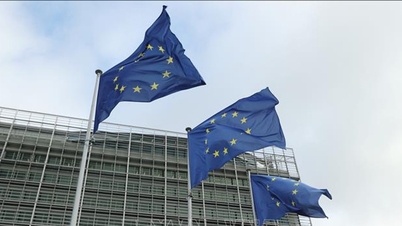




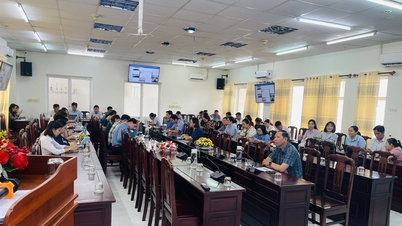
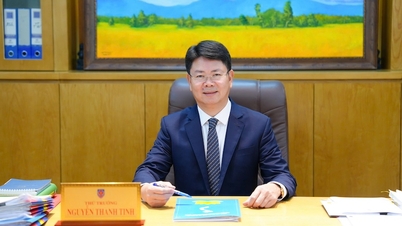


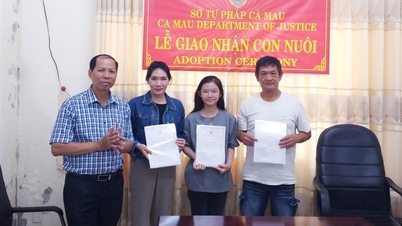










































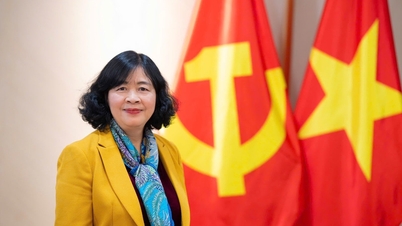
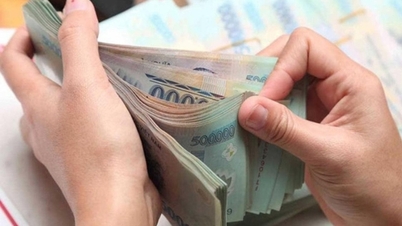







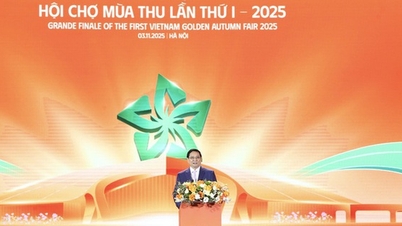
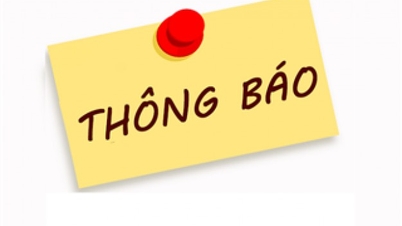

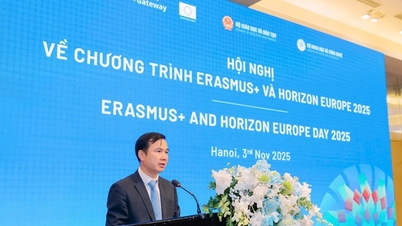
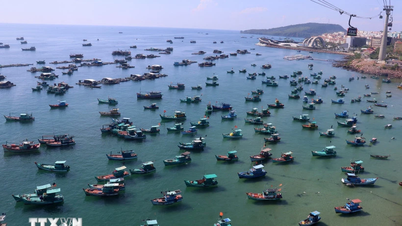

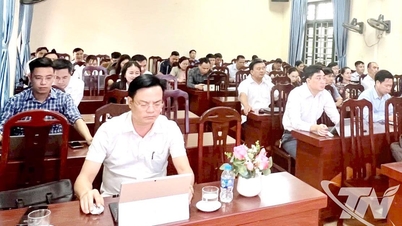

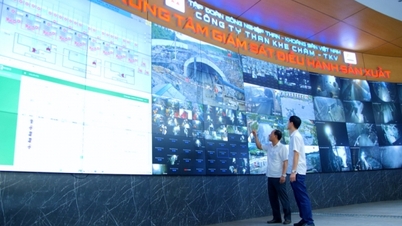




















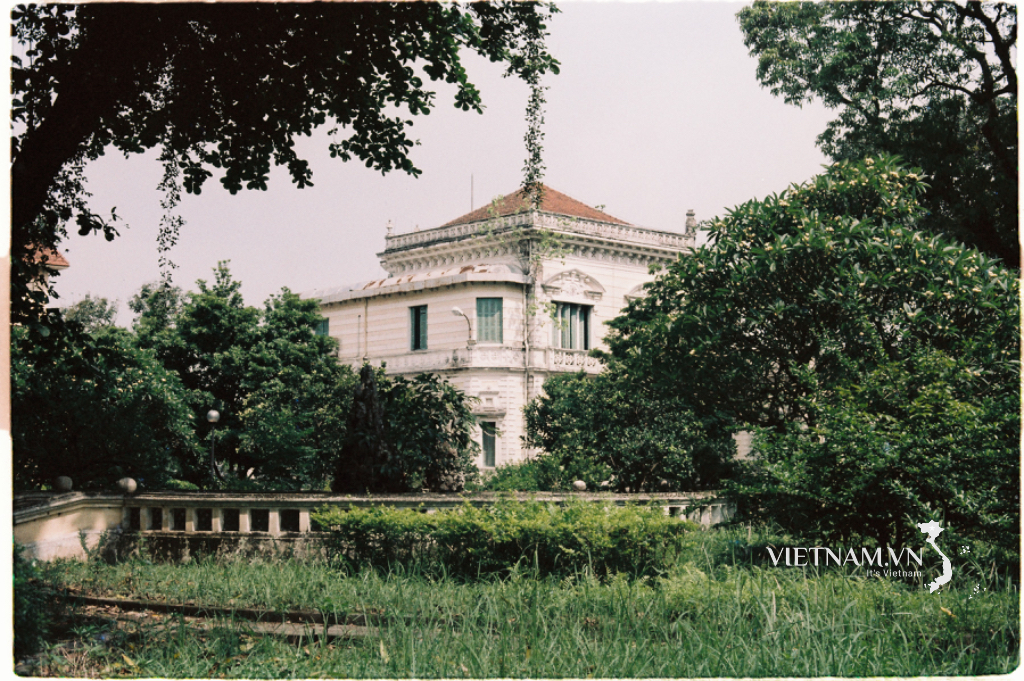

Comment (0)